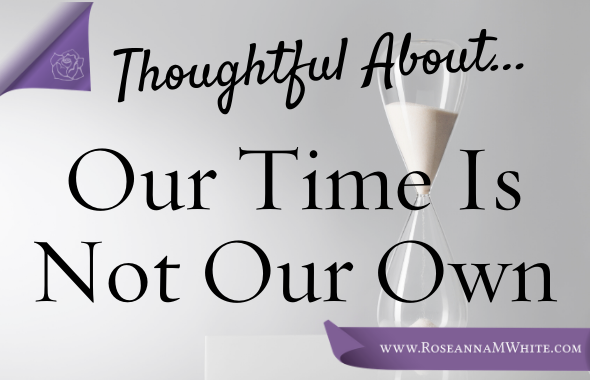
Unity Begins with Us

“How good and pleasant it is when God’s people live together in unity!”
~ Psalm 133:1 (NIV)
I can’t tell you how many times I’ve heard people say they wish for unity among God’s people. But as my husband pointed out, what they usually mean is “I wish everyone agreed with me, because clearly I’m right.”
But when we really stop to consider unity and what it takes to achieve it, something begins to be clear. Unity does not and cannot ever begin with someone else changing their stance. Unity begins with ME. And it begins with me humbling myself. I can never make anyone agree with me. But what I can do is reach out to them, try to understand them, try to see where I may be wrong or clinging too tightly to my own ideals, and love them.
Unity doesn’t mean agreement. It means being in harmony, in accord. But harmony requires more than one note. We can be one in Christ and still have different opinions, feel different ways about things, understand things in different ways. God created the Church to be a BODY, not a stack of photocopies. So how do we actually do that?
How do we grant those other opinions, interpretations, and feelings as legitimate–be in harmony with them–even if we don’t agree?
“I therefore, a prisoner for the Lord, urge you to walk in a manner worthy of the calling to which you have been called, 2 with all humility and gentleness, with patience, bearing with one another in love, 3 eager to maintain the unity of the Spirit in the bond of peace. 4 There is one body and one Spirit—just as you were called to the one hope that belongs to your call— 5 one Lord, one faith, one baptism, 6 one God and Father of all, who is over all and through all and in all. 7 But grace was given to each one of us according to the measure of Christ’s gift.
(Eph 4:2-7, ESV)
I had lots of thoughts on those early verses of this passage and actually shared them in the #BeBetter Community. I’ll likely go into them more here at some point too, but today, let’s just look at verse 3. Eager to maintain the unity of the Spirit in the bond of peace. This is a continuation of the list that describes HOW we can walk worthy of our calling. And I think it sums it up so very well.
If we revisit our definition of what unity really means within the Church, then we could reword it like this: Eager to be in harmony with our brothers and sisters rather than being right.
I know something I absolutely love, whether singing or playing an instrument, is joining someone else not in the melody, but in harmony. Harmony does this thing to me (let’s hope it’s not just me, LOL)–it almost vibrates in my veins. It fills me up. It takes the pleasure of one note and doesn’t just add another, it multiplies. (I’ve studied music philosophy enough to know there’s actually some math and physics behind this, with resonance and…well, I won’t get into it, but it’s a real thing, LOL.)
THIS is what unity within the Church should do to us. It should make us resonate, thrill, vibrate with His Spirit. It should not just add another voice, it should multiply His love. It should make us willingly seek bonds–chains, things that tie us to each other–of peace.
Are we that eager for unity? For peace with other Christians?
I confess I haven’t always been–they were words I said, but I didn’t give a whole lot of thought to how to actually live them. Recently, though, there’s been a real quickening in my spirit about this. Let’s seek some harmony today. When you hear a fellow believer saying something—maybe something unpopular or daring or risky, maybe something that doesn’t at first rub you the right way—find a way to join your voice to theirs not in contradiction, not in a simple agreement, but in harmony. Add something new to the conversation that makes a resonance.













 Roseanna M. White is a bestselling, Christy Award winning author who has long claimed that words are the air she breathes. When not writing fiction, she’s homeschooling her two kids, editing, designing book covers, and pretending her house will clean itself. Roseanna is the author of a slew of historical novels that span several continents and thousands of years. Spies and war and mayhem always seem to find their way into her books…to offset her real life, which is blessedly ordinary.
Roseanna M. White is a bestselling, Christy Award winning author who has long claimed that words are the air she breathes. When not writing fiction, she’s homeschooling her two kids, editing, designing book covers, and pretending her house will clean itself. Roseanna is the author of a slew of historical novels that span several continents and thousands of years. Spies and war and mayhem always seem to find their way into her books…to offset her real life, which is blessedly ordinary.